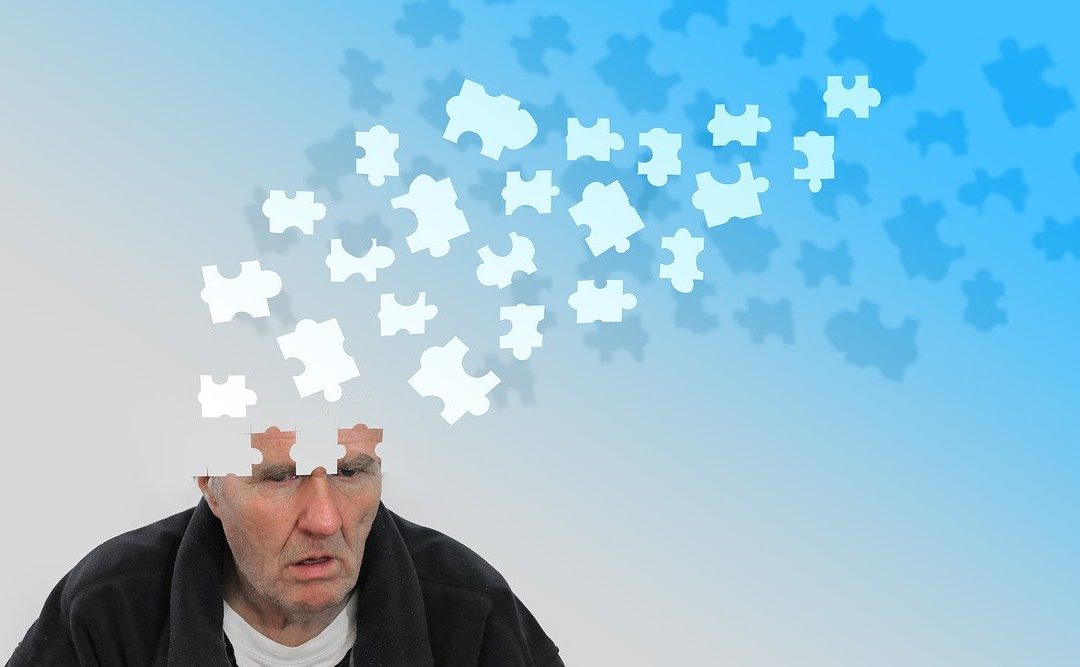Forgetfulness happens at the best of times. It’s why people make lists, write things on calendars, use sticky notes, or set alarms.
Forgetfulness is perfectly normal and often increases with age. Despite the normalcy, increased forgetfulness can be alarming. When does it stop being normal and cause for significant concern? How can you tell what is normal and what is a possible sign of dementia?
Here are some tips that can help you understand the difference:
Normal Age-Related Memory Loss
Forgetfulness and memory lapses can be disruptive and frustrating. But, they shouldn’t be cause for concern or anxiety. Here are the typical memory-loss symptoms experienced by older adults:
- Transience and absentmindedness: Transience occurs when the brain forgets memories over time. Absentmindedness is related to your brain’s focus. If you aren’t preoccupied with it, you might forget it. According to the Harvard Medical School, both of these conditions are normal. In fact, transience may actually be useful as it removes unused memories, clearing the way for new ones.
- Forgetfulness and other mental issues: The National Institute on Aging suggests that some health conditions could increase forgetfulness and memory loss. Individuals suffering from depression, for example, may experience increased forgetfulness as their brains may be preoccupied with their depression or anxiety. Obsessing over one particular thing, like a recent personal tragedy or depression in general, can lead to forgetfulness in other areas of life.
Potential Signs of Dementia
The primary difference between normal age-related memory loss and dementia is that dementia is progressive, becoming increasingly worse with time. Here’s what to watch for:
- Forgetting important details: We all forget appointments or where we’ve put something from time to time but forgetfulness related to dementia is so much more. Symptoms can include the inability to remember words, the names of friends and family, or what an object is called.
- Personality changes: Dementia can bring about significant personality changes. It can increase aggressiveness, paranoia, and impulsiveness.
- Disorientation: People with dementia often become disoriented in new environments. This disorientation can include both time and space. Being confused in this manner can lead to insecurity and aggressive responses.
If you or a loved one is experiencing any of these symptoms, it is important that you speak to your doctor immediately. The earlier the intervention, the better the chances and delaying the progression of some of the more complicated symptoms of dementia.
If you are having trouble identifying the resources you need, see our Seniors Guide to Navigating Community Resources or give the Council on Aging a call on the peer support line and we will gladly help in any way we can!

